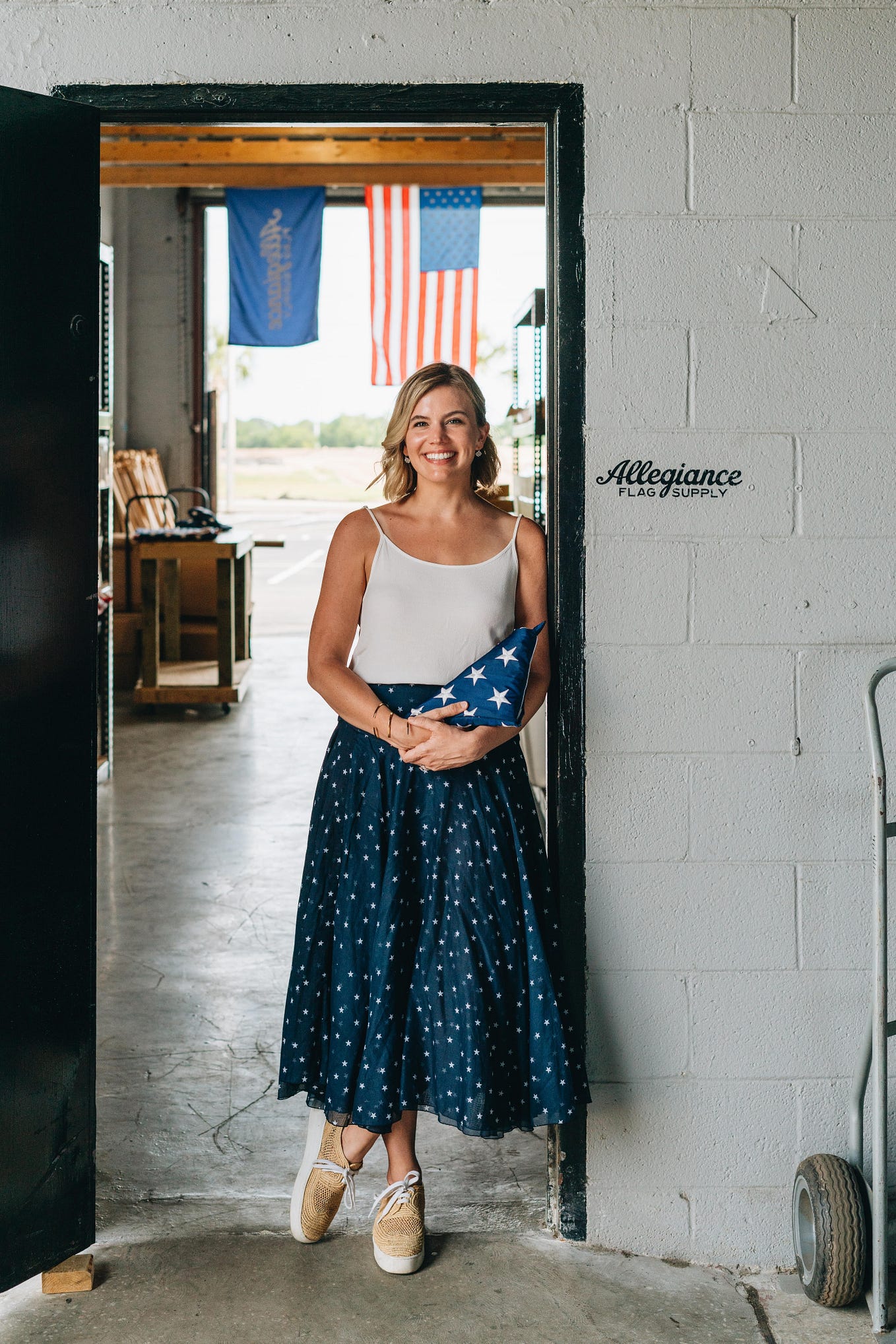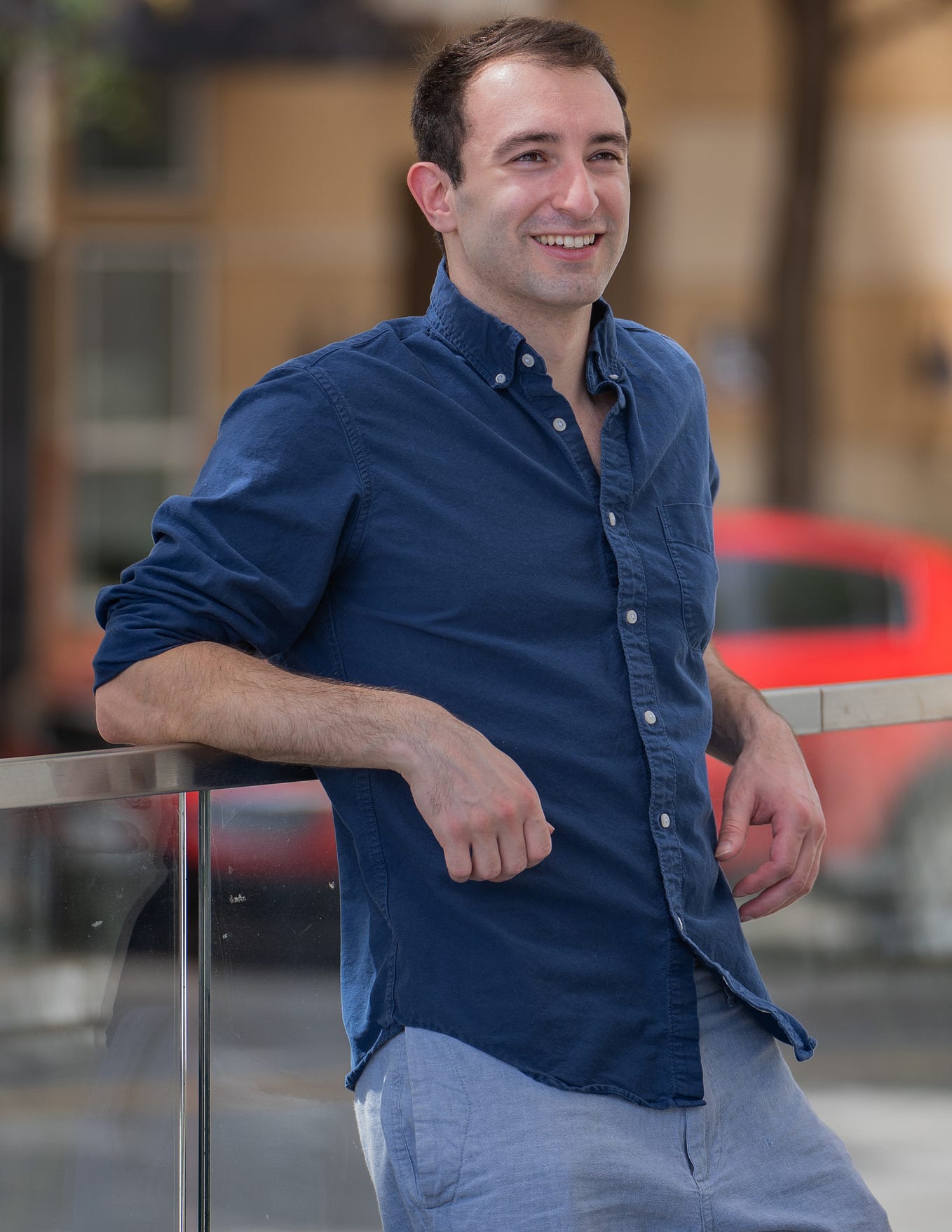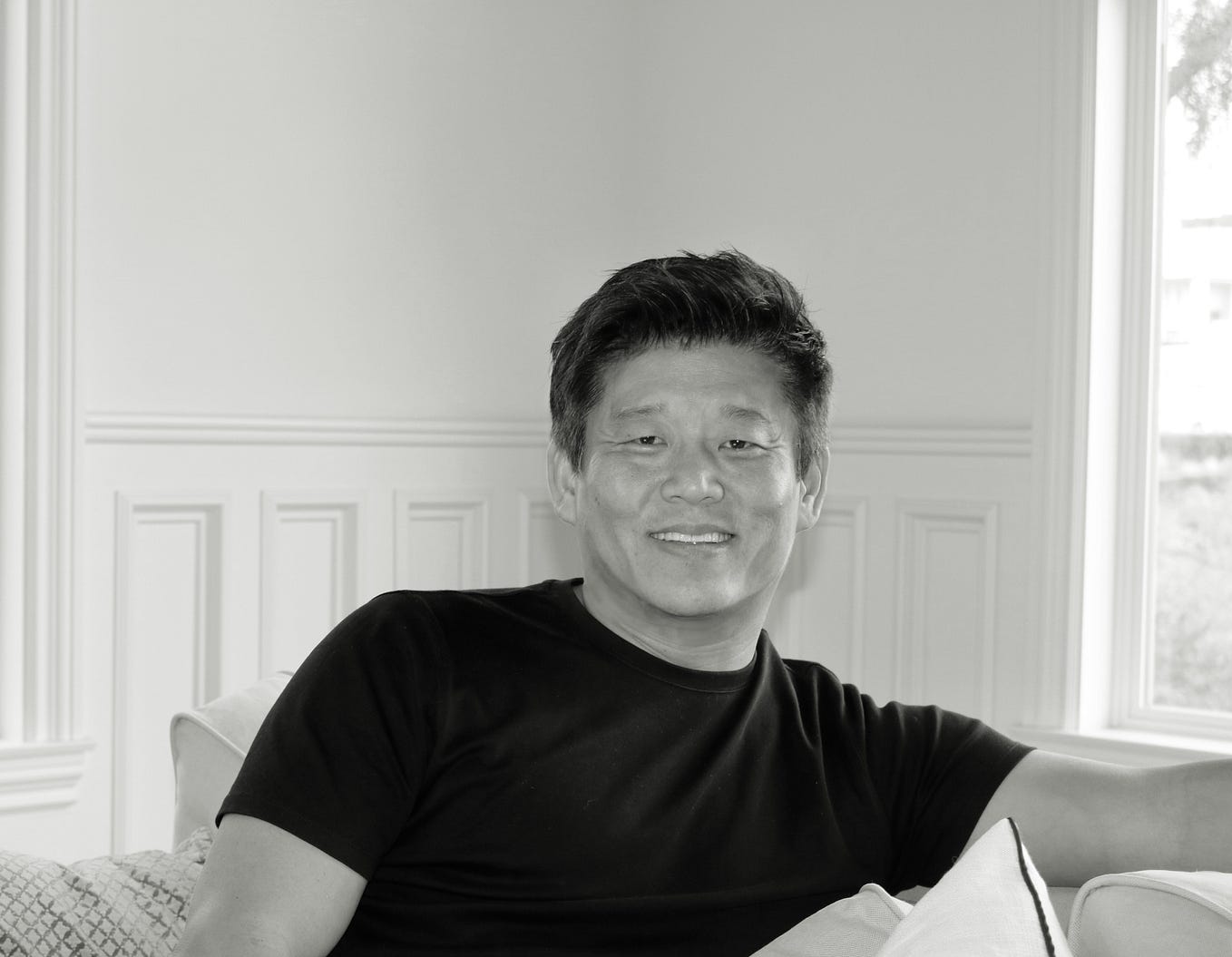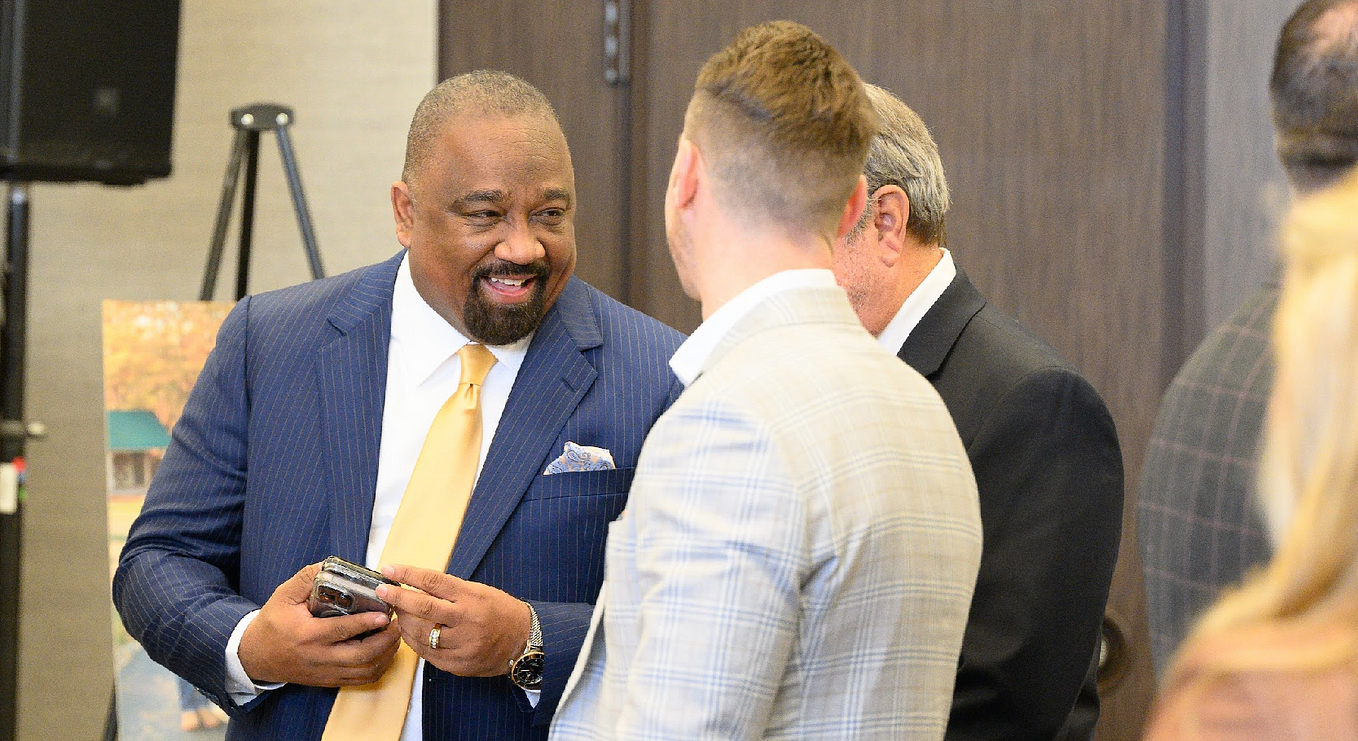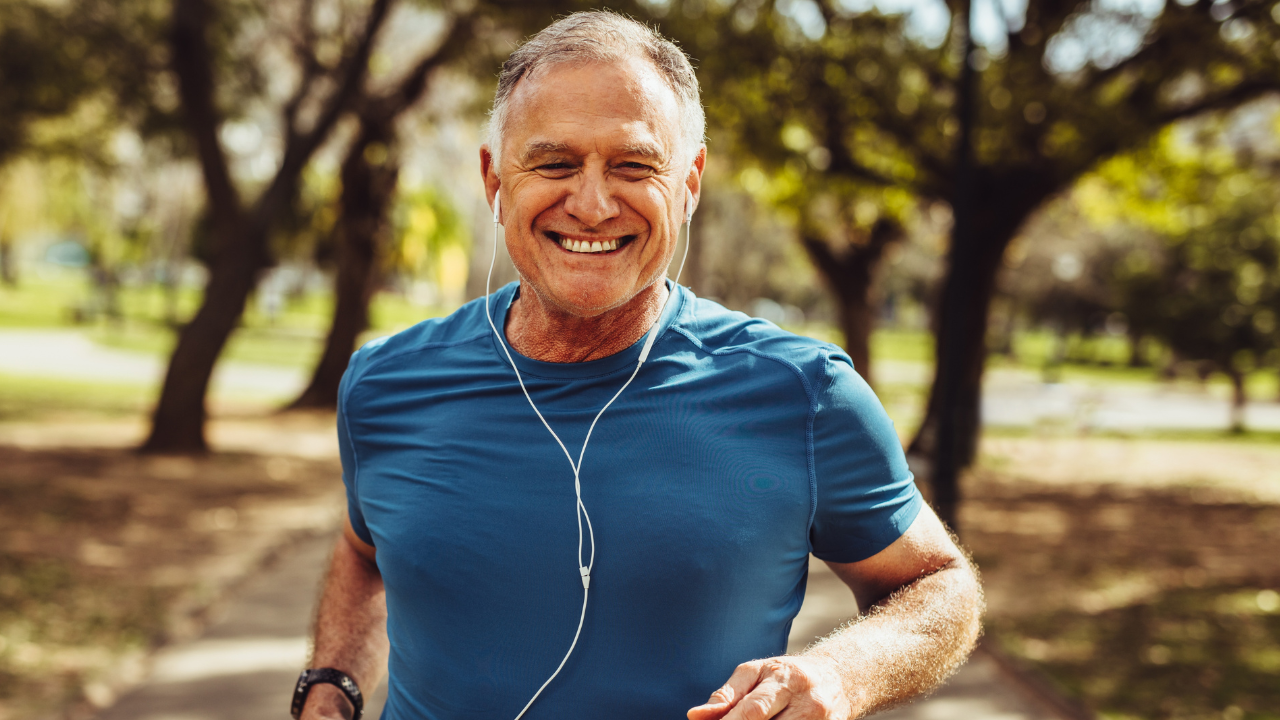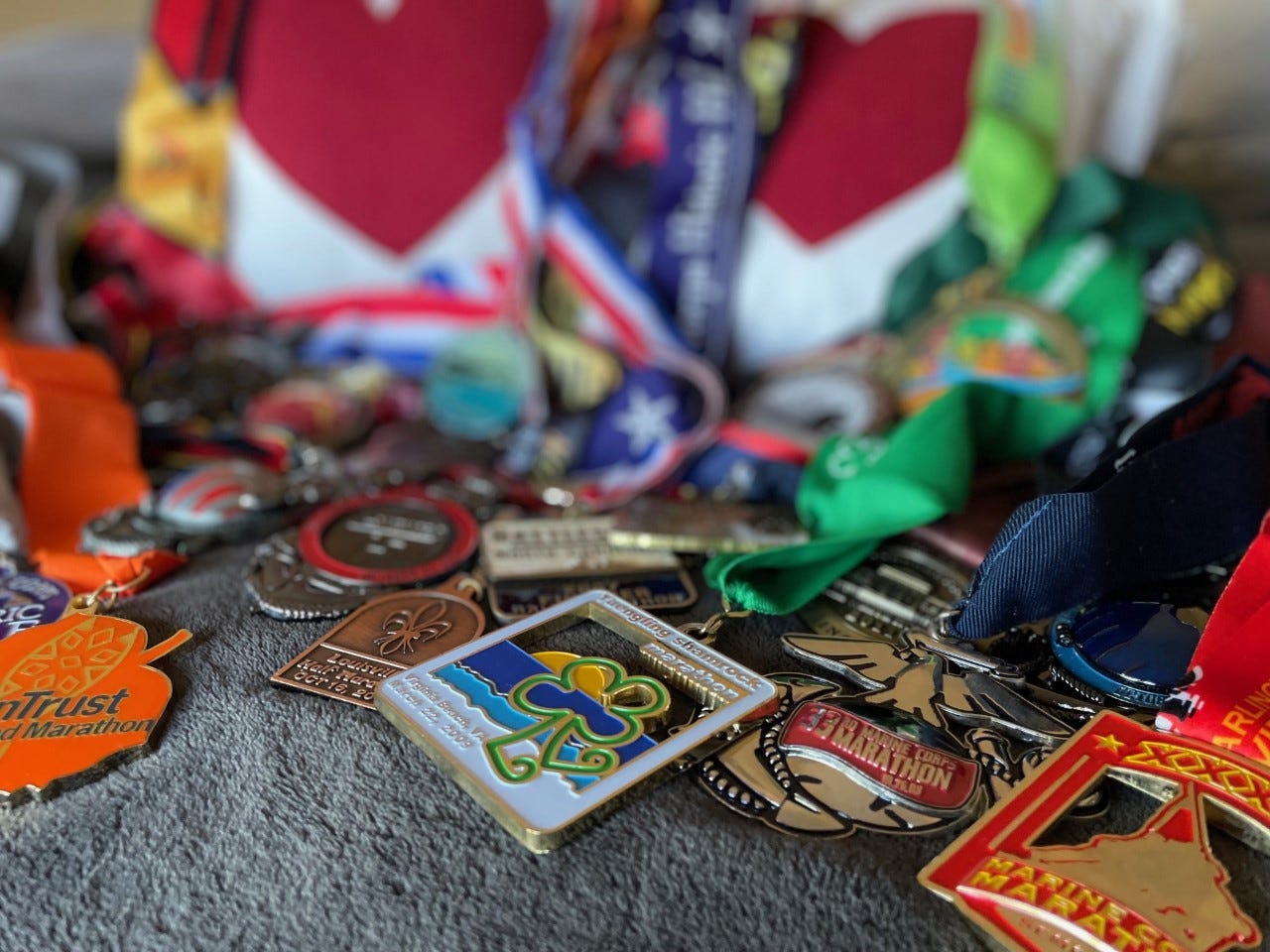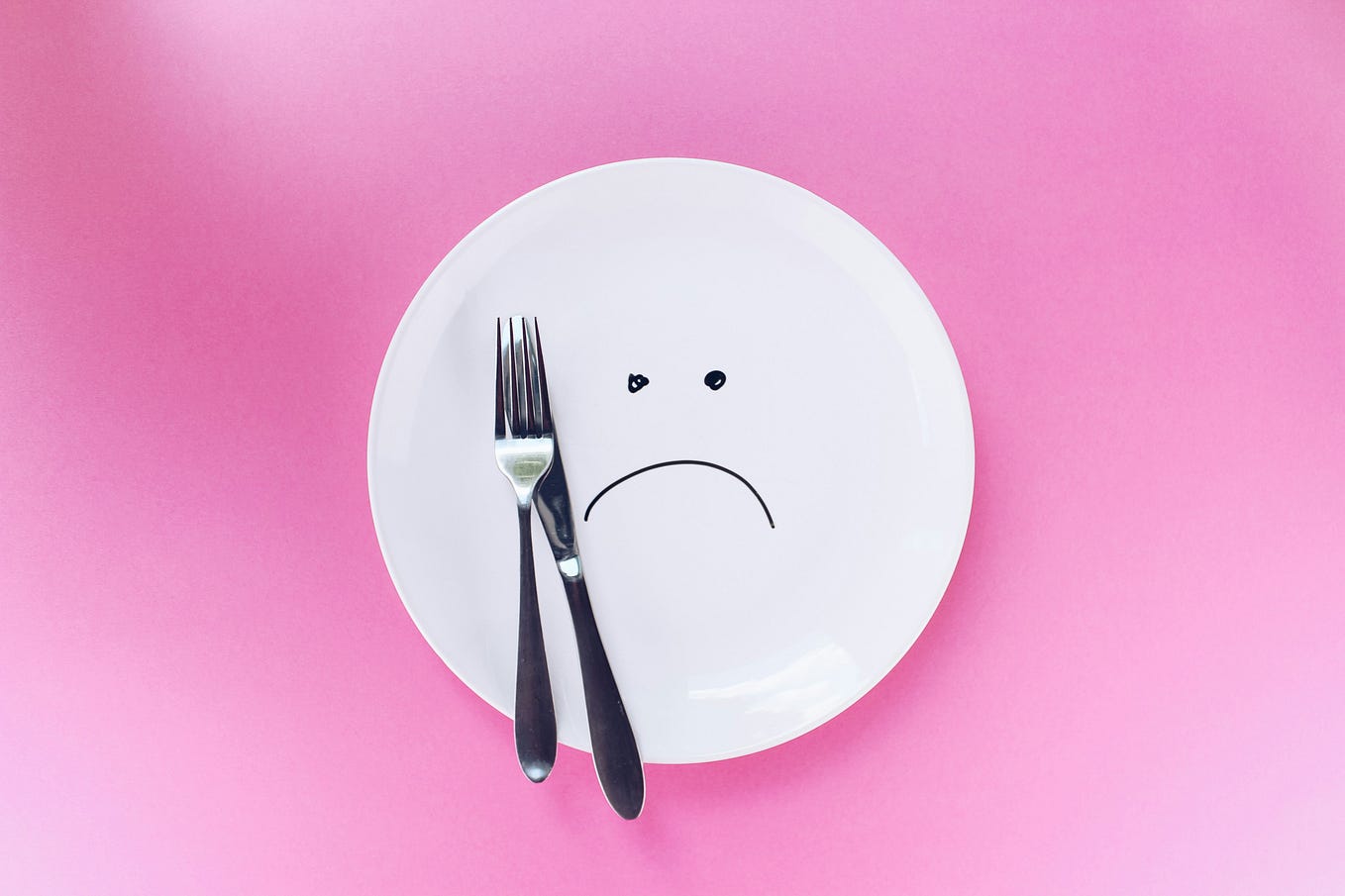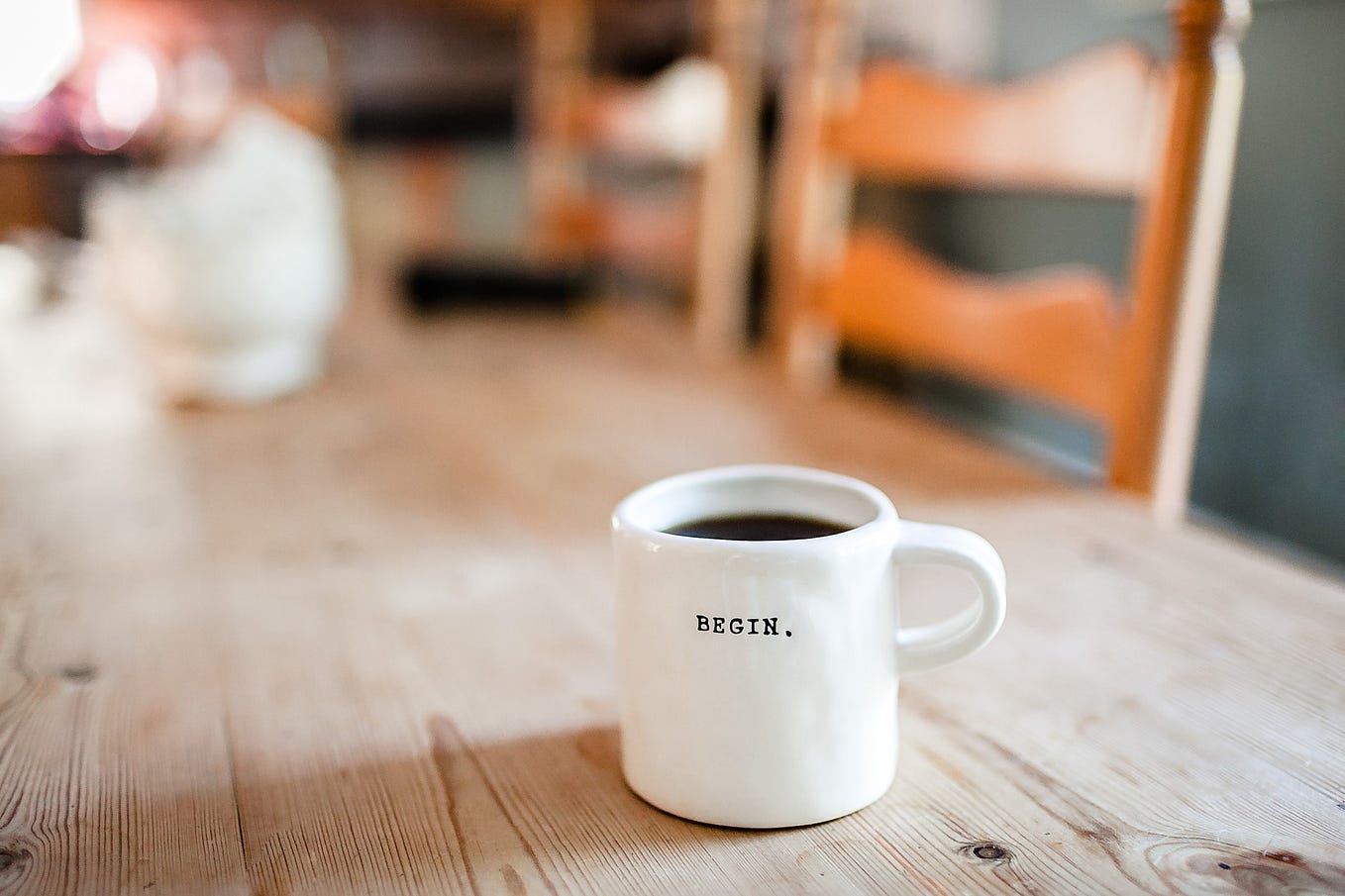Bernadette Pleasant of Femme!: How To Learn To Finally Love Yourself
GIVE & RECEIVE HUGS: I love the exchange of hugs. Whatever is going on — whether it’s a happy moment or one of fear or sadness, giving and receiving hugs allows for deeper connection and intimacy. Hugging floods the body with feel-good hormones — oxytocin and serotonin. A hug speaks the language of authentic experience, without words.
As a part of my series about “Learning To Finally Love Yourself” I had the pleasure to interview Bernadette Pleasant.
Bernadette Pleasant has spent a lifetime exploring creative explorations and celebrations of the human form, from sensual dance to somatic healing. A gifted healer, dancer, and entrepreneur, she channels her personal journeys and radical empathy into transformative, immersive experiences that empower and celebrate people of all genders, ages, sizes, and fitness levels.
With certifications in the Nia Technique, Nia 5 Stages, Ageless Grace, Pole Dance, Somatic Healing, Reiki, and Integrated Energy Therapy — and studies in African, Tribal, and Free Dance — Bernadette Pleasant promotes emotional freedom through movement and empowerment.
An experienced entrepreneur and the founder of Femme!, Bernadette Pleasant regularly leads discussions on emotional healing, inclusive movement, and empowerment for all. Her authenticity, charisma, and wisdom allow her to empathize with and inspire those ready for a journey of emotional exploration and affirmation.
Femme! creator Bernadette Pleasant is a woman of color from a long line of natural healers who have used touch and movement to help others find peace, empowerment, and wellness. Through Femme! and in all of her practices, she welcomes without judgment and supports participants’ paths to finding comfort in their own skin.
Bernadette is also a woman of color who comes from a long line of natural healers who have used touch and movement to help others find peace, empowerment, and wellness. Her classrooms welcome without judgment and support participants’ paths to finding comfort in their own skin. In the Femme! Experience, Bernadette creates a safe space for all ages, backgrounds, body types and dance skills to explore their sensual selves. Everyone is empowered to fully embrace and embody all of their emotions and fully express them through movement; joy, sorrow, rage, ecstasy and more are all welcome at Femme!. In Femme! everyone is infused with the affirmation, “It’s your body; you can do whatever you want with it-including love it unapologetically!”
Thank you so much for joining us! I’d love to begin by asking you to give us the backstory as to what brought you to this specific career path.
I always had a great passion for dance and movement. And I’ve always had an insatiable thirst for going deeper and beyond the surface. When I need healing in my own life, I found it beyond the therapist’s couch in sensual and primal movement.
After studying a number of healing modalities and movement and dance techniques, I created Femme!. This evolved because I found that what ultimately led to my own healing was the use of movement, dance, sound, drums and somatic and sensory work that gets people out of their heads, into their bodies and in touch with their primal emotions.
Are you working on any exciting new projects now? How do you hope that they might help people along their path to self-understanding or a better sense of wellbeing in their relationships?
Currently, I’m working on practices that help quiet the mind and get to the truth of our emotions. Oftentimes, people find themselves in places where they are stuck; maybe they can’t get out of bed, or find themselves overeating or spending, or acting in an unconscious way because they haven’t uncovered what is at the heart of what they are feeling.
I’m creating exercises that help people access their emotions in a safe environment. This allows people to put a name to what they’re feeling, express themselves, be vulnerable, be witnessed and be supported. As they do that, they no longer have to pretend, hide or stifle themselves. They can show up fully and be present.
Do you have a personal story that you can share with our readers about your struggles or successes along your journey of self-understanding and self-love? Was there ever a tipping point that triggered a change regarding your feelings of self acceptance?
I was born into a very strict and confining religion, some might even call it a cult. I married a man who was very devoted to this faith, which was the only “glue” in our marriage. While he wasn’t physically abusive, he was controlling and expected me to behave a certain way that didn’t fit with who I really was. I was unhappy and unfulfilled, but I was “going along to get along” in the marriage.
One day, after we’d had a disagreement about me not wanting to join him for services, I finally decided to walk away. I took nothing but my coat and purse and left. He took the car keys, so I walked. He grabbed at my coat trying to stop me, so I literally walked right out of it. With not even a coat or a ride, I walked away from him, from the religion, from the entire life I’d known. I was cut off from my family and excommunicated from the church. But the price I would have paid to stay was too high. I had to live my truth.
According to a recent study cited in Cosmopolitan, in the US, only about 28 percent of men and 26 percent of women are “very satisfied with their appearance.” Could you talk about what some of the causes might be, as well as the consequences?
We could talk about media or social constructs around beauty, but I believe this goes deeper than just that. What I’ve seen in the work that I do is that people often disassociate from their bodies based on emotional trauma, wounds and experiences in which they have felt they did not have ownership or agency over themselves. Sometimes an experience outside of you infiltrates your sense of self. It may be something someone said to you: You’re too fat, too tall, too loud, too sexy, not pretty, etc. It might be physical, sexual, religious, cultural or mental abuse or a false belief.
These experiences create a disconnect that I’ve seen many times. So often a beautiful, statuesque woman will walk into my classroom and “shrink,” trying to make herself smaller and less visible. She may have been made to believe she was “too much.” I’ve experienced this personally. I loved to dance, to be free and expressive and was made to shut down that freedom. I got taught that “good girls” didn’t move so freely.
The consequence is that people diminish their own light. They play small. They don’t show up fully for themselves or others. They “half ass” their lives instead of living fully.
When I first began to take sensual movement classes, I couldn’t do the big, wide hip circles I saw my instructor doing. I was physically able, but emotionally I couldn’t get past that little voice from my childhood that said, “Don’t do that. That’s too much!”
That’s why it’s so important to unlock the limitations we carry in our bodies.
As cheesy as it might sound to truly understand and “love yourself,” can you share with our readers a few reasons why it’s so important?
Even more than just loving yourself, I believe in falling head-over-heels in love with yourself. When you absolutely adore who you are, you teach others how to love you and you demonstrate how others can love themselves, too. Self-love is not selfish. In fact, it’s just the opposite. When you love yourself, it attracts healthy relationships that are reciprocal and mutually satisfying instead of codependent and dysfunctional. Self-love is like fertile soil. It’s a rich and healthy foundation that allows your life and your relationships to flourish and grow.
Why do you think people stay in mediocre relationships? What advice would you give to our readers regarding this?
People often stay in mediocre relationships because they don’t value themselves or they haven’t seen what a satisfying relationship looks like. My advice is to inventory yourself. Ask yourself, “Does this relationship make me feel limited? Stressed? Unloved? Depleted?” If the answer to one or more of these questions is, “Yes,” then it’s time to make a choice! We have a finite amount of time in this life. You can selfishly squander it or choose a more joyful, fulfilled experience. I say “selfishly” because life deserves your best effort; and it’s selfish to waste the precious time you’ve been given.
When we talk about self-love and understanding we don’t necessarily mean blindly loving and accepting ourselves the way we are. Many times self-understanding requires us to reflect and ask ourselves the tough questions, to realize perhaps where we need to make changes in ourselves to be better not only for ourselves but our relationships. What are some of those tough questions that will cut through the safe space of comfort we like to maintain that our readers might want to ask themselves?
∙ How do I play small?
∙ Is this how I truly want to live?
∙ Am I experiencing love the way I truly desire?
∙ Is this enough for me?
∙ How can I have more?
∙ Am I having fun?
∙ If it all ends tomorrow, will I have any regrets?
∙ On a deeper level, is this what my ancestors hoped for me?
Can you share an example of a time that you had to reflect and realize how you needed to make changes?
After my separation from my first husband, I attempted suicide. I didn’t want to die. I just didn’t want to live the way I was living. As my stomach was being pumped in the hospital, I had to ask myself the tough soul-searching questions. I am so grateful that this attempt was unsuccessful and I hope that others do the work that they need to honor themselves and take great care of their lives so that it never has to come to such extremes to make changes.
So many don’t really know how to be alone, or are afraid of it. How important is it for us to have, and practice, that capacity to truly be with ourselves and be alone (literally or metaphorically)?
Being able to be still and be alone is very important. I remember a time in my life when I needed to be busy all the time. I had a daily routine of working, then incessantly shopping, then binge watching TV at home, and so on and so on. Then I got up the next day and did the same thing all over again. I couldn’t deal with quiet and the thought that I might have to feel my feelings
Many of us do this and become like hamsters in a wheel. But I’ve learned that being alone is crucial. If we don’t spend time getting still, we are not present and aware of the moment. They say that “grief is worrying about the past and fear is worrying about the future.” Getting still allows the mind and body to relax and the nervous system to recharge. If we don’t, many of us stay in “fight, flight or avoidance” mode. Alone-time allows us to get into a space where we can breathe, relax the muscles and become aware that there is something greater than ourselves.
How does achieving a certain level of self-understanding and self-love then affect your ability to connect with and deepen your relationships with others?
When you practice self-love and self-care it allows you to operate from a place of fullness instead of a feeling of lack. When you are full and abundant internally, you can then show up more fully in your relationships. You can interact with other people from your over-flow vs. trying to give of yourself from a place of depletion.
In your experience, what should a) individuals and b) society, do to help people better understand themselves and accept themselves?
Individuals can support one another in accepting themselves by practicing (what Public Speaking Expert Kacey Baker calls) “Fertile Listening.” It means listening with enthusiasm, and holding a safe space to hear a person’s truth with an active eagerness to learn about that person without judgment. This applies to society as well. If we remove the judgment and have an openness and a curiosity about others, then we encourage them to blossom in our presence. Our society could benefit from less self-interest. We can empower ourselves and still allow space for others to also become more expanded versions of themselves.
What are 5 strategies that you implement to maintain your connection with and love for yourself that our readers might learn from? Could you please give a story or example for each?
1. DANCE: I make space in my life for dance. Whether I am feeling love, joy, confidence, grief, fear or rage — I clear out space in my living room and dance whatever I’m feeling. I have music playlists that reflect my moods and I move my emotions.
2. GIVE & RECEIVE HUGS: I love the exchange of hugs. Whatever is going on — whether it’s a happy moment or one of fear or sadness, giving and receiving hugs allows for deeper connection and intimacy. Hugging floods the body with feel-good hormones — oxytocin and serotonin. A hug speaks the language of authentic experience, without words.
3. SPEND TIME ALONE: Three years ago, I gave myself the most valuable gift by taking a solo trip to Kauai. I sat on a mountain top. I listened to the ocean, the whales, and the sounds of the breeze. I ate alone and met new people. Without distractions, I listened to my own deepest desires. I learned to slow down, have patience, become a better friend to myself. I had vivid dreams, revelations and received the insights for better decisions. It was so cathartic that after my planned three weeks were over, I added another week to my stay. It felt extravagant, but it was a priceless experience.
4. TAKE PERSONAL INVENTORY: I do what I call a “body scan.” When I have a question about a situation or decision, I check in with myself physically and take time to listen deeply to what my body (not my mind) has to say. My body “tells” me what I REALLY want to do. If the answer is an authentic “Yes” I feel it in my belly and my hips instead of my head. This saves me times, energy, money and leads to me having more pleasure and fun.
5. ASK FOR HELP WHEN I NEED IT: I’ve learned that I don’t have to be great at everything and I don’t have to get everything accomplished by myself. Asking for another person’s expertise saves time AND it gives them an opportunity to contribute in a way that they enjoy. Collaboration is wonderful.
What are your favorite books, podcasts, or resources for self-psychology, intimacy, or relationships? What do you love about each one and how does it resonate with you?
∙ Milagros Phillips, “Race Demystified”. Her work involves powerful transformational racial healing and relationship building between racial groups.
∙ Mama Gena’s School of Womanly Arts and her book, Pussy: A Reclamation. Regena’s work empowers women to reconnect to their desires and passionately pursue lives that they love, in community with other women.
∙ Sacred Body Wisdom: Igniting the Flame of Our Divine Humanity, Jane S. Ashley: This is a beautiful anthology of inspirational writings on the theme of loving and honoring the body that I was honored to contribute to.
∙ Body Soul Wisdom Sessions with Amy Jones: This dynamic podcast features female thought leaders sharing their experience with living an awakened life through body and soul wisdom.
You are a person of great influence. If you could inspire a movement that would bring the most amount of good to the most amount of people, what would that be? Maybe we’ll inspire our readers to start it…
The downside of the self-help movement is that people can turn so inward that they become self-absorbed. Slogans like “Giving Zero F***s” have become so popular that people have forgotten the value of caring for one another. The movement that I’d like to inspire is one of balance between self-care and caring for others. We heal our civilization by turning our hearts on and caring. It’s time to get more centered and swing the needle in the direction of actually giving a f***! Sure, start by affirming that YOU matter. Then let others know that THEY matter too.
Can you please give us your favorite “Life Lesson Quote” that you use to guide yourself by? Can you share how that was relevant to you in your life and how our readers might learn to live by it in theirs?
I’m going to quote myself: “There are no good, bad, light, or dark emotions, only emotions that need to be fully expressed.” I know firsthand what it’s like to put “Spanx” on my emotions, to be afraid of them, to stifle them. What I demonstrate now in my life is living a life that’s as fully expressed as possible. I laugh with abandon, walk with pride, cry when I’m sad, and I no longer suppress who I am. Life is too short and it is worth living as fully as possible!

